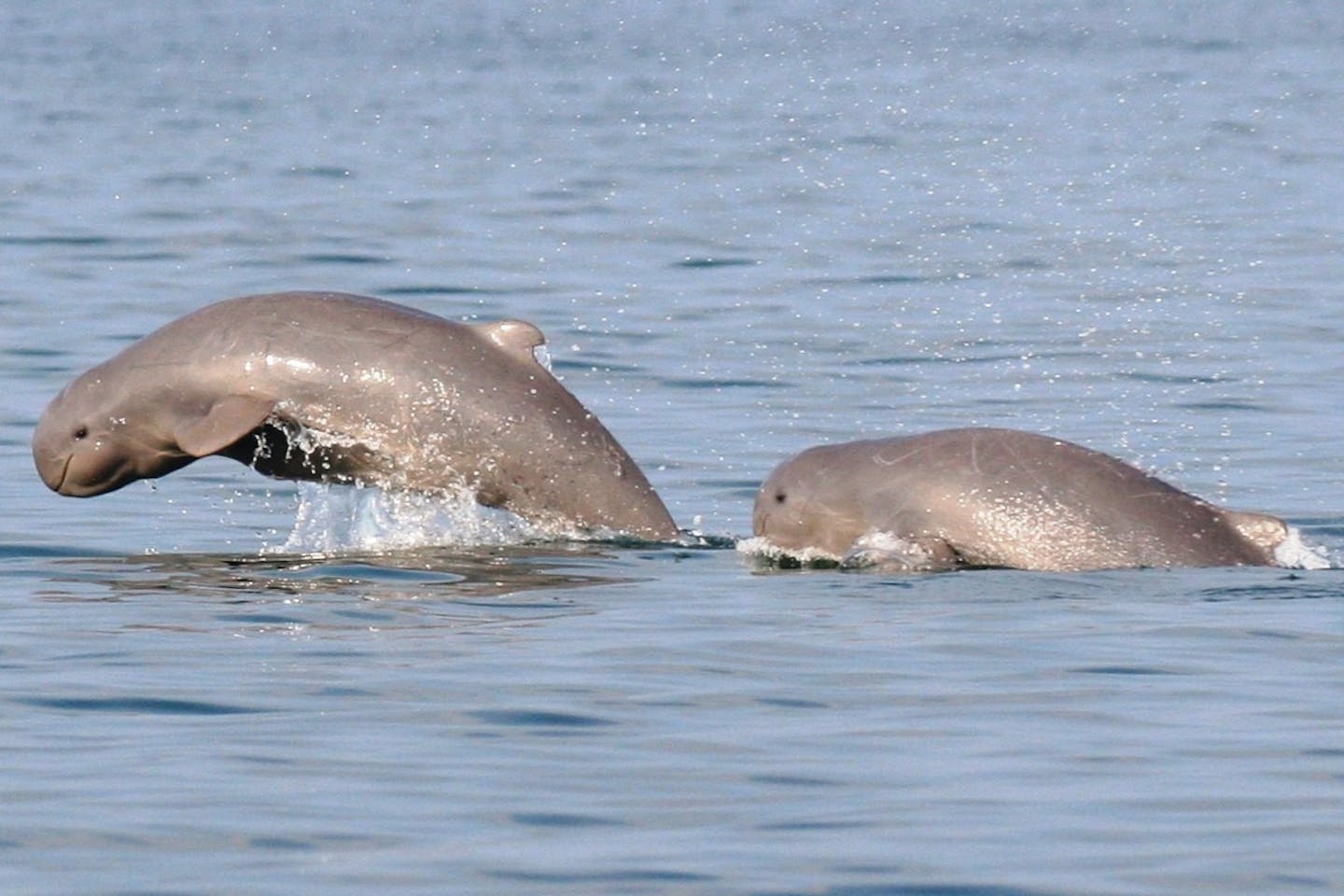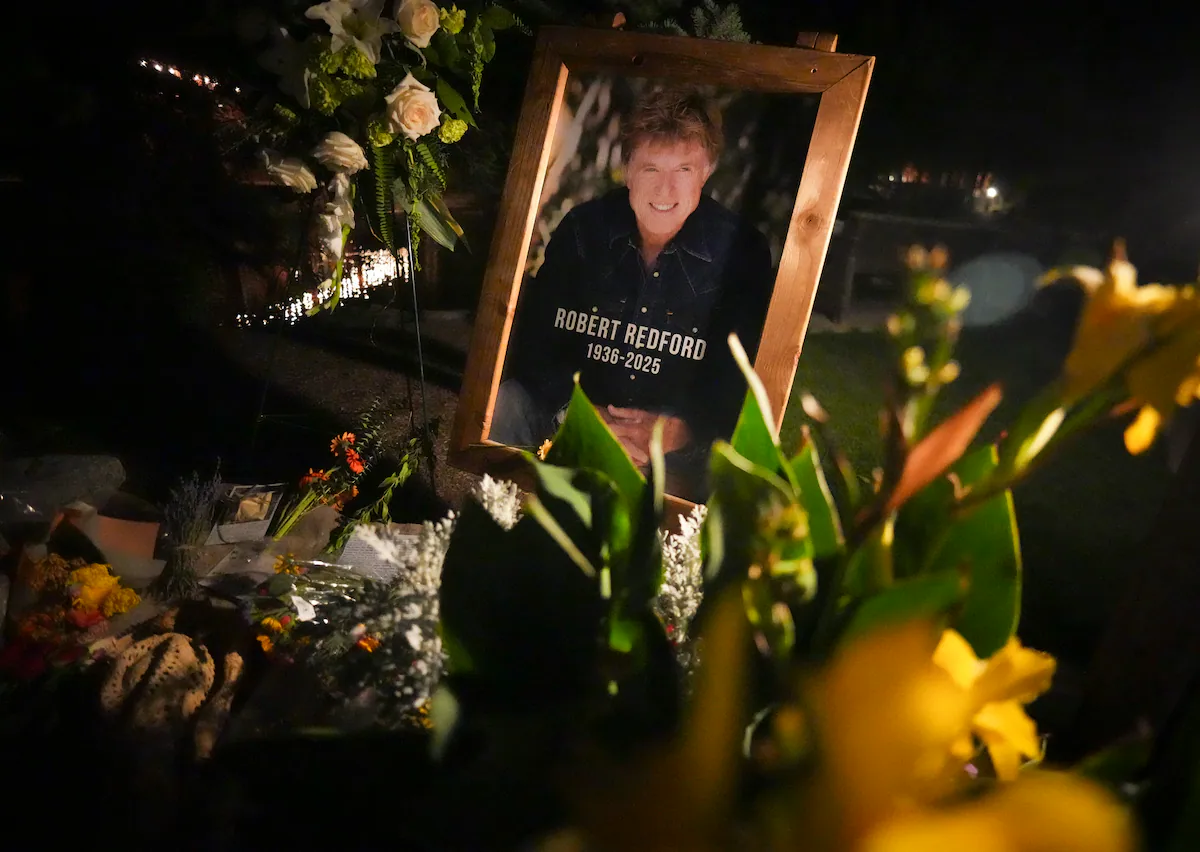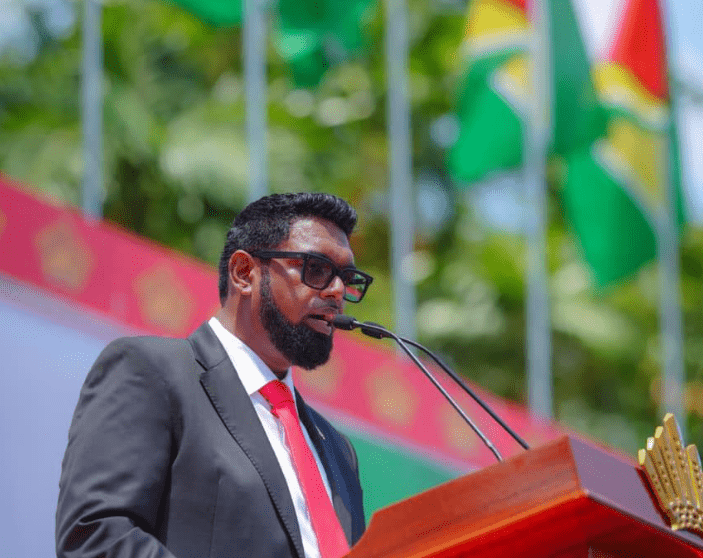Philippines flood corruption scandal stalls funding for bridge project, giving endangered dolphins a reprieve
By Rhick Lars Albay
Copyright eco-business

In a social media post, South Korean President Lee Jae-myung confirmed the suspension of 700 billion won, or P29 billion (US$503 million) in official development assistance (ODA) to the Philippines. The infrastructure loan had previously been earmarked to fund an ambitious inter-island bridges programme that would improve transport and connectivity around the archipelago.
Among the projects affected are the Panay-Guimaras-Negros (PGN) island bridges – two proposed sea-crossing bridges expected to span more than 32 kilometres in total to connect the neighbouring islands of Panay, Guimaras and Negros in the Philippines’ Western Visayas region. The proposed megabridges have been slammed as ‘dolphin-killers’ by local environmentalists.
Advocates welcomed the decision as a rare reprieve for the Guimaras Strait, recognised as an Important Marine Mammal Area and home to one of the country’s last remaining populations of Irrawaddy dolphins, as well as a handful of other endemic critically-endangered species.
Scientists warn that the bridges’ construction would have destroyed mangrove wetlands, damaged coral reefs and seagrass beds, and introduced underwater noise pollution harmful to dolphins that rely on echolocation to hunt, navigate and communicate.
The suspension of the PGN bridges should not just be seen as a delay. It must be the turning point where the government abandons destructive projects and prioritises habitat protection, climate resilience and community-led conservation.
Trixie Concepcion, regional director, Earth Island Institute Asia Pacific
“With the suspension of funding from the Korean government due to ongoing anomalous infrastructure corruption cases in the country, the Panay-Guimaras-Negros bridge has been suspended. This development brings us one step closer to safeguarding our lumba-lumba (Tagalog for dolphin) subpopulation in the region, which is at risk of extinction,” said Matthew Vincent Tabilog, founder of youth advocacy group Mangrove Matters PH.
Preparatory work on the project began in 2024, but the bridges now face an uncertain future after South Korea’s move to halt all proceedings amid corruption concerns tied to a nationwide flood control scandal. South Korea’s development bank Export-Import Bank of Korea (KEXIM) had signed an initial (P3.22-billion US$56.61 million) loan agreement with the Philippines for the PGN island bridges in 2022. The project is expected to cost P189 billion (US$3.32 billion) in total.
“Corruption is not just about money being lost – it has real consequences for people and the planet,” said Trixie Concepcion, regional director of marine conservation group Earth Island Institute Asia Pacific, in a statement sent to Eco-Business. “Public health funds should never be at risk just to bankroll megaprojects that displace communities and destroy irreplaceable ecosystems. The suspension of this loan is an opportunity to end the PGN bridge project permanently and protect the Iloilo Guimaras straits as a critical habitat.”
However, during a House Committee on Appropriations hearing on the proposed budget of the Department of Public Works and Highways (DPWH) on Wednesday, secretary Vince Dizon said that planning and engineering design for the PGN bridges project is pushing through, despite the pronouncements of the South Korean president.
‘Faulty undertaking’
Youth groups have emphasised that the ongoing flood control corruption scandal should spur the government to rethink its infrastructure and flood management strategy.
Doers Collective, a youth-led platform for everglade conservation, is pushing for investment in wetland-based and green-gray infrastructure solutions that combine engineered systems with natural ecosystems such as mangroves and wetlands. The youth group noted that nature-based solutions can reduce flood peaks by up to 70 per cent while providing biodiversity conservation and climate resilience.
“The solution lies on shifting from water-blocking infrastructure to water-directing systems that guide flood waters safely to their natural outlets while incorporating green infrastructure that can absorb and slow water flow,” said Kisha Muaña, Doers Collective founder, stressing that wetland restoration costs less than concrete flood barriers while offering longer-term protection.
South Korea’s decision, announced by President Lee on social media, underscored the risks of proceeding with the project. He said he had “ordered to halt all procedures” as the project was deemed to be a “faulty undertaking with potential for corruption.”
He added: “Most fortunately, the project had not yet begun, so no funds – including those from the Economic Development Cooperation Fund (EDCF) – have been spent.” South Korea’s EDCF provides loans for infrastructure projects to boost economic cooperation with developing countries.
“The fact that we were able to prevent the unnecessary waste of as much as 700 billion won (US$503 million) in taxpayers’ money and block risks that could lead to failure and corruption in advance carries great significance,” Lee concluded.
An ongoing Senate investigations has exposed alleged largescale misuse of public funds in Philippine flood control projects, further eroding public trust. Analysts warn South Korea’s move may prompt other foreign donors and investors to scrutinise Philippine projects more closely.
Greenpeace Philippines reported that up to P1.089 trillion (US$19.1 billion) in government climate-tagged funds may have been lost to corruption and anomalous flood control projects since 2023.
The PGN island bridges, a flagship initiative of the previous administration’s “Build, Build, Build” programme and supported by the current president, remains a priority for proponents of regional economic growth. Conservationists, however, note that its initial environmental impact assessment largely omitted mention of critically endangered Irrawaddy dolphins and other vulnerable species despite repeated warnings from scientists and international organisations.
The Guimaras Strait and adjacent wetlands are also critical habitats for migratory waterbirds, sea turtles, dugongs and the endangered Philippine duck. The wetlands of Negros Occidental, part of the project’s alignment, are a Ramsar site of international importance.
Environmental groups are now urging the government not only to cancel the PGN island bridges permanently but also to declare the Iloilo-Guimaras Strait a legally protected marine habitat, regulate fishing and boating, strengthen coastal patrols, and provide livelihood support for fisherfolk.
“The suspension of the PGN bridges should not just be seen as a delay,” Concepcion stressed. “It must be the turning point where the government abandons destructive projects and prioritises habitat protection, climate resilience, and community-led conservation. True development means safeguarding ecosystems that feed people and sustain future generations.”



